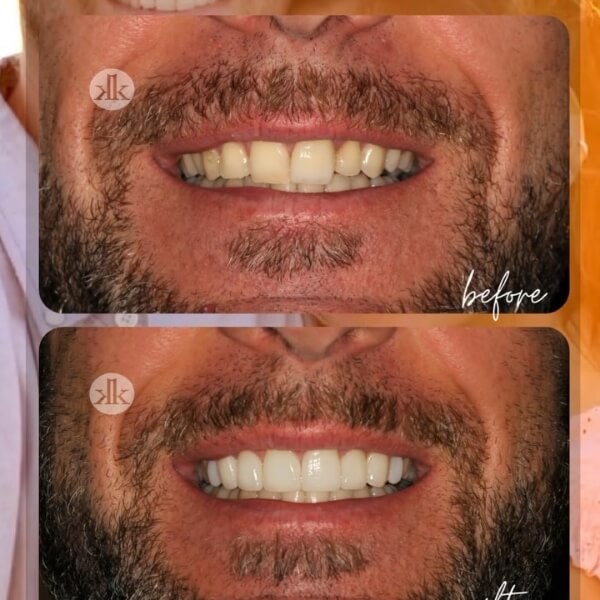Although you may not think so, your teeth can continue to change positions after your younger years. We tend to associate shifting teeth with adolescence, but it’s an issue that can stick with us up until old age.
Straight teeth are considered ideal when it comes to an attractive smile, but just because you have straight teeth now doesn’t mean bad habits or unavoidable events can’t impact the appearance of your smile over time.
If you have noticed changes to your dentition, it’s important to prevent them now before gaps, crooked teeth and a poor bite begin to make an appearance in your smile. Although most issues with shifting teeth can be corrected using accelerated adult orthodontics or cosmetic treatments, the most effective way to maintain your straight teeth is to avoid these common causes.
A poor sleeping position
It’s usually difficult to control how you sleep, but it might be necessary if your sleeping position is causing your teeth to shift. Certain positions, like sleeping on your side, place added pressure on your jaw, forcing your teeth out of alignment. You may not notice a change in your dentition at first, but over time your teeth will begin to shift out of place. Take note of how you wake up in the morning and try your best to take the pressure off of your face as you settle down for the night.
Excessive tooth decay
Untreated tooth decay causes a lot of problems, a main one being periodontal disease and other infections. When your gums begin to recede due to decay, your teeth will loosen and begin shifting because of the lack in support, but by visiting your dentist every six months, you can prevent tooth decay from inflicting so much damage.
Extended periods of tooth loss
Teeth can go missing for a number of reasons, but your next step should always be to find a way to replace them. If too much time goes by before you find a restoration — whether in the form of an implant, bridge or denture — your existing teeth will begin to move into the empty spaces in order to support your jaw bone, which can create severe issues with your bite position. Consult with your dentist about the restorative options that are available so that you can maintain your straight teeth.
Improperly placed fillings
Part of placing a filling correctly includes checking your bite contact to ensure that your upper and lower dental arches come together comfortably. Problems, arise however, when that bite check isn’t completed and your arches are left in poor alignment. Your teeth will begin to shift in an attempt to support the new positioning your filling has created, but this often leads to jaw pain, headaches and tooth aches. After you’ve had a filling placed, be sure to communicate any discomfort you may feel, even if it’s slight.
Age and genetics
We know that age and genetics are the two things that are unavoidable, but it’s true that they can contribute to your shifting teeth. Sometimes your heredity will dictate how your teeth position themselves, which is ultimately out of your hands. Likewise, the natural aging process can cause tooth enamel to weaken, making your teeth less adaptable to pressure and causing them to shift in order to alleviate it. Restorations such as crowns as well as orthodontic options like braces or Invisalign can keep your teeth from shifting and maintain the health of your smile.
It’s important to address shifting teeth if it’s happening to you. Not only will your smile appear less attractive if you don’t, misaligned teeth are more difficult to clean and present more opportunities for plaque and tartar to inflict damage.
If you are looking for orthodontic or restorative treatments that can prevent your teeth from shifting, contact La Jolla Cosmetic Dentistry & Orthodontics at (858) 295-0603 and schedule a consultation.









